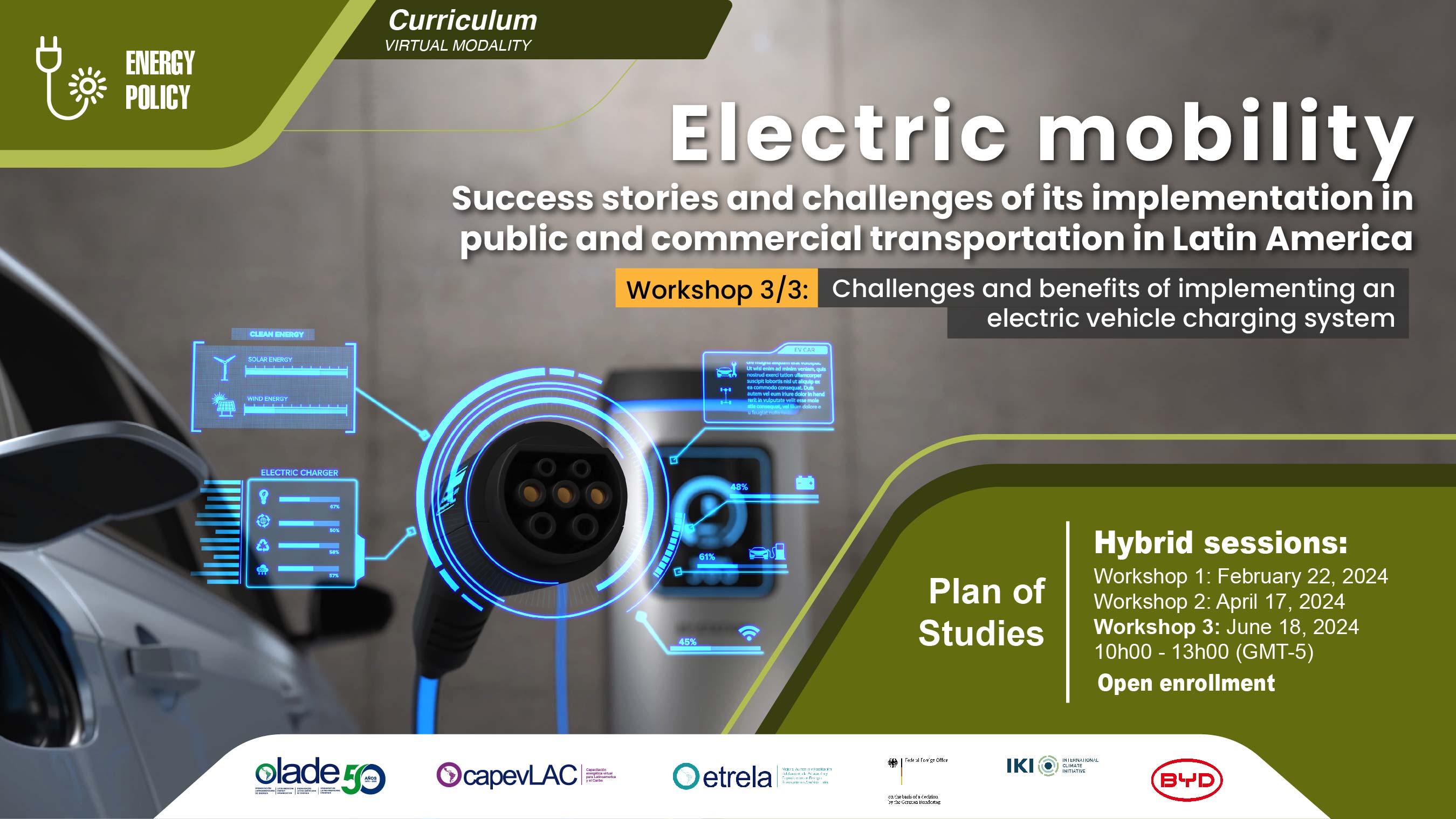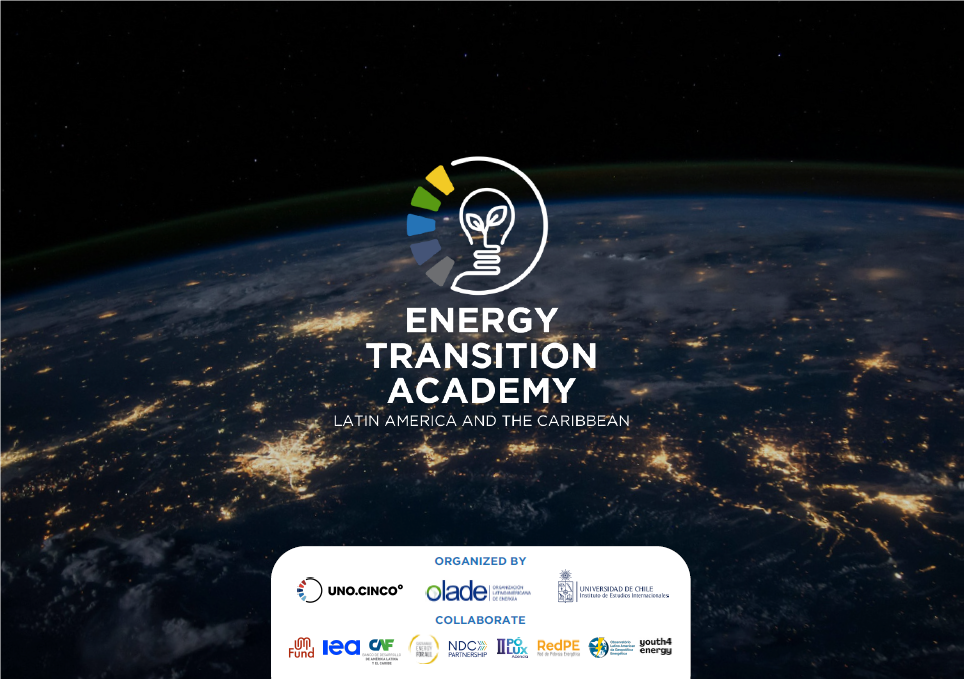- Introduction
Electric mobility has become a fundamental pillar in the transformation of the transport sector. Its implementation is not only crucial to reducing greenhouse gas emissions, but also revolutionizes the way we move. In public transport, electric vehicles not only reduce noise and air pollution, but also offer a sustainable and efficient alternative to move large numbers of people economically.
The transition to e-mobility not only represents a significant step forward in environmental terms, but also brings tangible benefits to countries’ public health and economies. First, reducing pollutant emissions from conventional vehicles will directly contribute to improving air quality, reducing the risks associated with respiratory and cardiovascular diseases. In addition, the massive adoption of electric vehicles reduces dependence on fossil fuels, which not only favors energy self-sufficiency and the reduction of operating costs related to vehicle maintenance, but also encourages job creation in the clean technology industry. In the economic sphere, stopping subsidizing gasoline will free up government resources, allowing investment in recharging infrastructure and programs that promote sustainable mobility.
In the field of freight transport, electric mobility plays an essential role in reducing the carbon footprint. Electric charging vehicles not only contribute to pollution abatement, but also offer a cost-effective long-term solution by reducing operation and maintenance costs.
The implementation of electric mobility in these sectors not only benefits the environment by reducing polluting emissions, but also promotes technological innovation and job creation in more sustainable industries. Its progressive adoption is key to moving towards a cleaner and more efficient future in transport.
Despite this, e-mobility has not yet taken off in the Latin America and Caribbean region. Many countries have made progress, but it has not yet become the fastest growing modality in the transport sector. Therefore, it is important to analyse those success stories where it has been successfully implemented and analyse good practices and lessons learned.
- Presentation of the Study Plan
This series of workshops, each lasting 3 hours, will address specific topics and provide presentations by experts in the sector who have already implemented or are implementing electric mobility projects. Also, each workshop will review the technical bases and theoretical foundations in each topic, present available technologies and address the general problems.
- ENERGY TRANSITION OF PUBLIC TRANSPORT IN LATAM
- Reasons to transition to electric mobility: Case Chile, Bógota and Guayaquil
- Cost Benefit Analysis – What results arise from investing in electric fleets?
- Enabling frameworks to kick-start the energy transition – What does it take to make it happen in other LATAM countries?
- ELECTRIC MOBILITY: AN ALTERNATIVE FOR FREIGHT TRANSPORT?
- Heavy Cargo Transport Chamber Vision: Challenges of Electrical Cargo Transport Implementation
- Cost Benefit of Investing in Electric Freight Trucks
- Mexico’s Case – Experience with vans for transporting merchandise
- Brazil’s Case: Implementation of urban and electric garbage trucks for the city
- CHALLENGES AND BENEFITS OF IMPLEMENTING A CHARGING SYSTEM FOR ELECTRIC VEHICLES
- Current situation of the Andean Community – Political, Economic and Social
- Challenges of implementing a charging system for electric vehicles
- Can a unified cargo network traversing the Andean countries be possible?
The classes will be in a hybrid format – open virtually but with the possibility of face-to-face participation for those who can attend the headquarters of the organization in Quito, Ecuador, with the participation of part of the technical team and interactive with the participants attending their consultations.
- General objective of the Study Plan
Disseminate success stories of the implementation of electric mobility in Latin America and the Caribbean and analyze good practices and lessons learned.
- Study plan learning outcomes
Upon completion of the study plan, the participant will be able to:
- Identify the good practices that have been a direct result of the success in some cases of implementation of electric mobility.
- Identify short, medium and long-term barrier mitigation actions for the deployment of electromobility in the region.
- Identify the technologies available in the region for the different modalities of the transport sector.
- Participant profile
This course is aimed at the general public interested in electromobility issues. However, it is of special interest to professionals in the transport sector in its different modalities.
- Study Plan Intensity
The study plan will have the following workload:
- Synchronous interaction time per workshop: 3 hours
- Number of workshops: 3
Total: 9 hours
Course Features
- Lecture 0
- Quiz 0
- Duration 10 weeks
- Skill level All levels
- Language English
- Students 2
- Certificate No
- Assessments Yes






